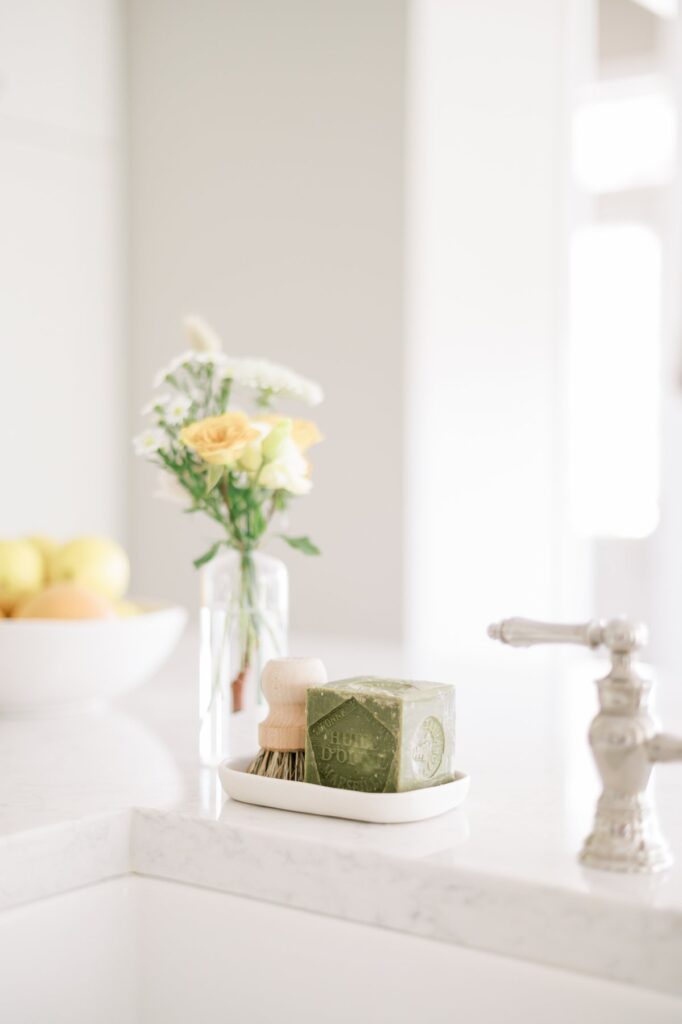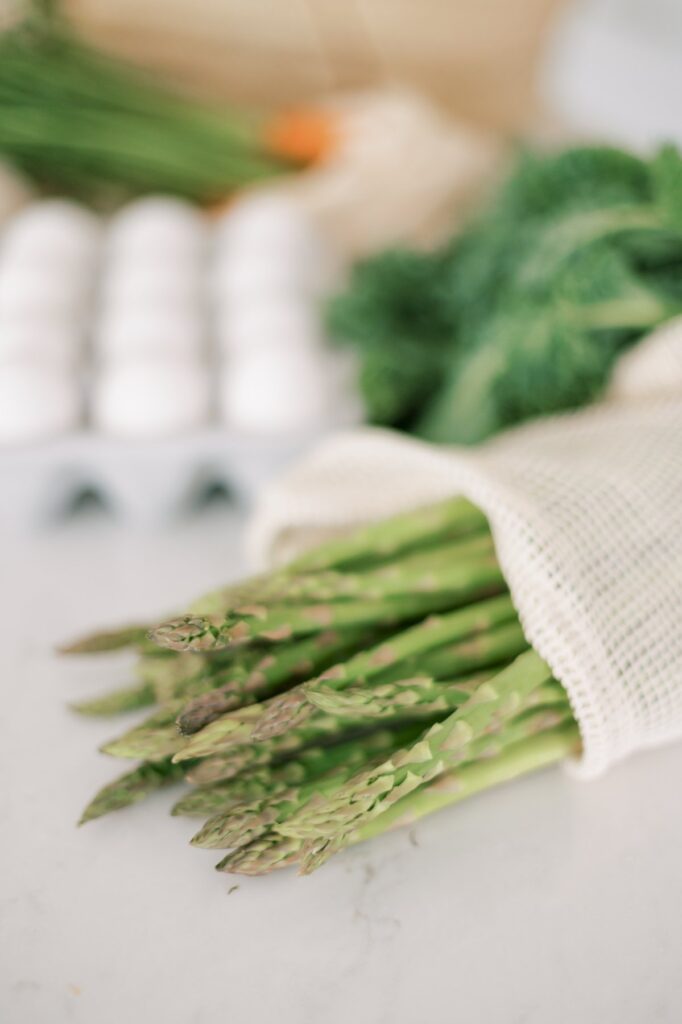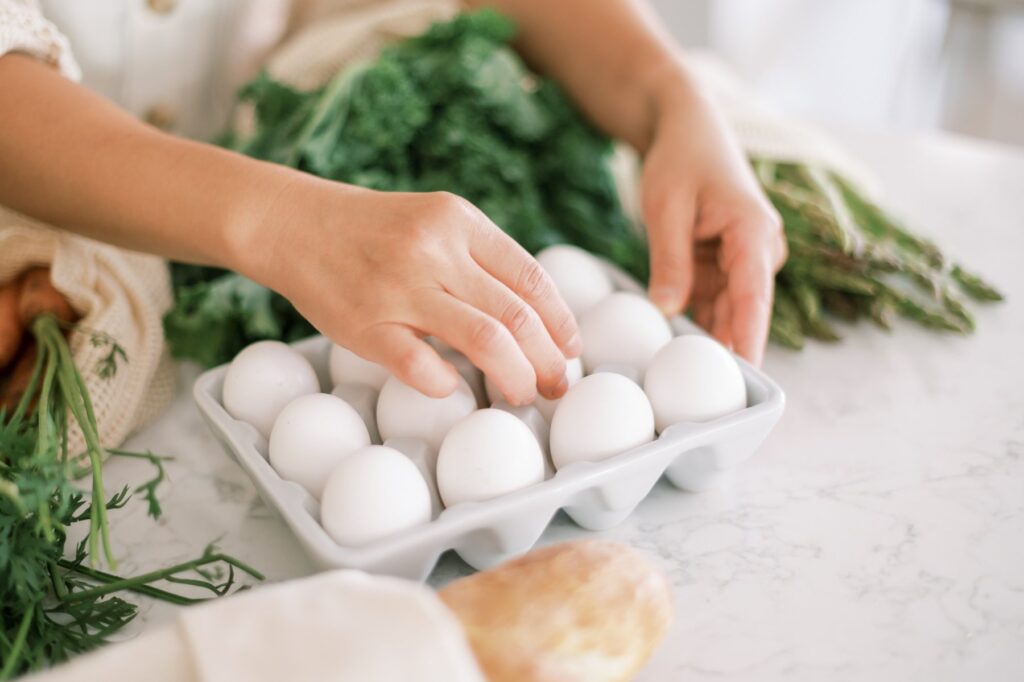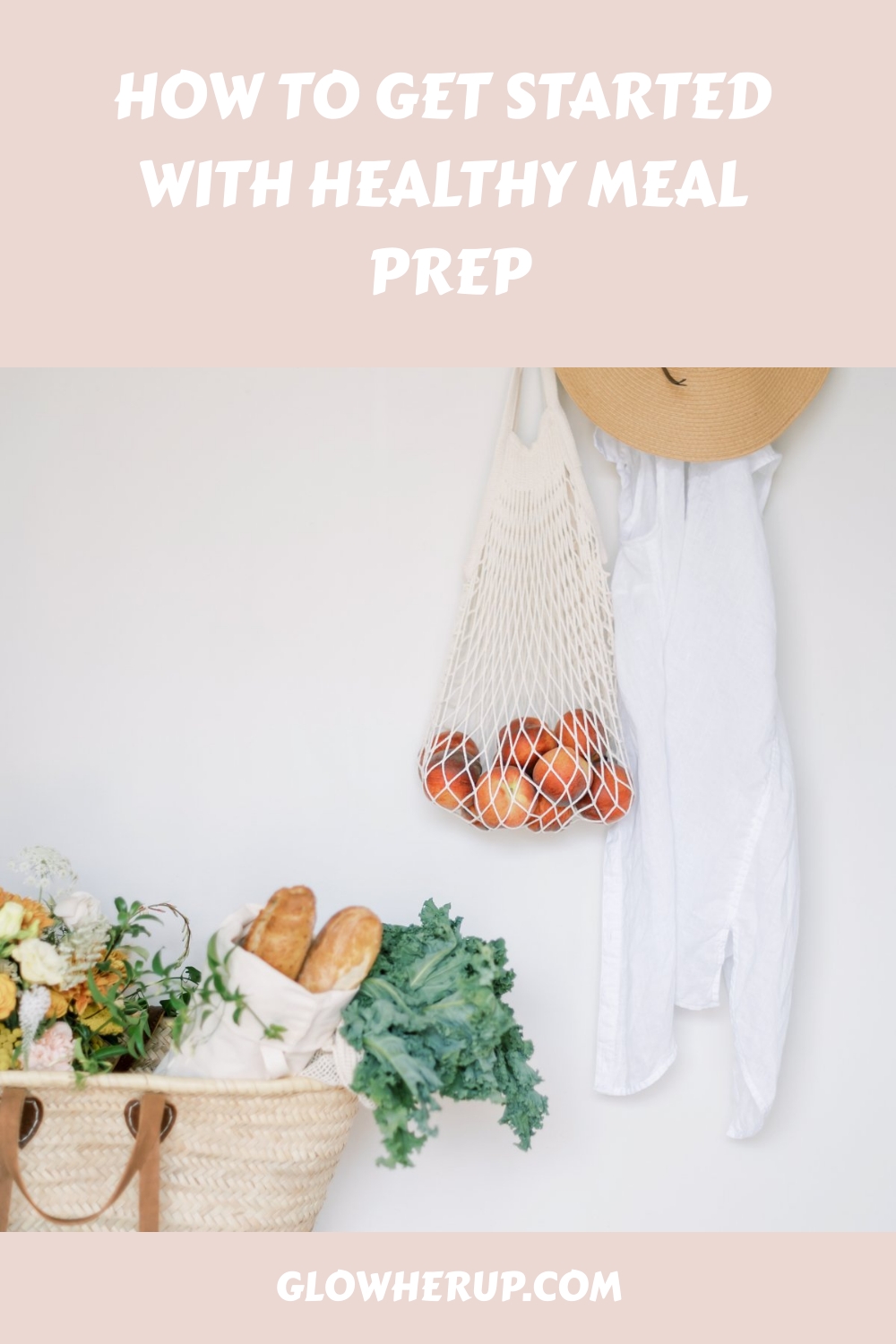Are you tired of spending endless hours in the kitchen every evening, trying to prepare a healthy dinner after a long day at work? Meal prep could be the game changer you didn’t know you needed. In this beginner’s guide, we’ll explore the concept of meal prep, its importance, essential tools, recipes, planning, food safety, and various ways to ensure you start your meal prep journey on the right foot.
What is Meal Prep and Why is it Important for Beginners?
Meal prep, short for meal preparation, involves planning and preparing your meals in advance. For beginners, it can be a life-saving practice that not only saves time but also ensures you have healthy, home-cooked meals ready when you need them most.
Understanding the Concept of Meal Prep
Meal prep is not just about cooking food in bulk and dividing it into containers; it’s about strategically planning your meals for the week, including shopping for groceries, cooking, and storing the meals for future consumption.
Benefits of Meal Prep for Beginners
Meal prep for beginners offers a range of benefits such as saving time in the kitchen, ensuring you eat healthy, well-balanced meals, and saving money by reducing the likelihood of dining out or ordering takeout. It also helps in controlling portion sizes and managing your grocery budget effectively.



How to Start Meal Prepping for the First Time
Getting started with meal prep is easier than you think. The key is to start small; focus on preparing just one or two meals to begin with until you get the hang of it. It’s also important to invest in the right containers, which we’ll discuss next.
Meal Prep 101: Tips, Tricks, and Recipes for Beginners
When it comes to meal prep, having the right tools and containers is crucial. Investing in high-quality, reusable glass containers is a great place to start. These containers are eco-friendly, keep your food fresh, and are safe for reheating in the microwave or oven.
Essential Meal Prep Tools and Containers
Aside from glass containers, a sharp knife, a cutting board, and a variety of cooking utensils will make your meal prep experience much more enjoyable. Additionally, having a slow cooker or instant pot can help with creating delicious and healthy meal prep recipes.
Healthy and Easy Meal Prep Recipes for Beginners
Meal prep doesn’t have to be bland or boring. There are countless healthy and flavorful meal prep ideas for beginners, ranging from quinoa salads to marinated grilled chicken and roasted vegetables. The internet is your best friend when it comes to finding new and exciting recipes for your meal prep.
How to Reheat and Store Prepped Meals
Knowing how to properly reheat and store your prepped meals is essential. When reheating, ensure the food reaches the appropriate internal temperature, and when storing, always use airtight containers to maintain freshness. This will help you make the most out of your prepped meals throughout the week.
Creating a Meal Prep Plan for the Week
Planning your meals for the week can seem overwhelming at first, but with a well-organized grocery list, it becomes a breeze. Start by listing the meals you want to prepare for each day, then create a shopping list based on the ingredients needed for those meals.
Planning Your Meals for the Week
When planning your meals, take into consideration the balance of nutrients, flavors, and variety. Aim to include a mix of proteins, healthy fats, complex carbohydrates, and plenty of colorful fruits and vegetables into your meal prep plan.
Effective Shopping List for Meal Prep
A well-curated grocery list is at the heart of successful meal prep. Avoid the temptation of impulse buying by sticking strictly to your list. This will not only save you time but also keep your meal prep budget in check.
Best Practices for Preparing Lunch and Dinner
When preparing meals for lunch and dinner, consider recipes that can be easily divided into portion sizes, are suitable for reheating, and remain fresh for a few days in the refrigerator. This will ensure you have nutritious and delicious meals ready when hunger strikes.
Ensuring Food Safety in Meal Prep
Proper storage and refrigeration of prepped meals are paramount to maintaining their freshness and quality. Always make sure to store your meals in airtight containers and refrigerate them promptly to avoid any risk of food spoilage.
Understanding Proper Food Storage and Refrigeration
Understanding the different types of food and their specific storage requirements is essential in meal prep. For instance, cooked meats should be stored on the bottom shelf of the refrigerator to prevent any cross-contamination with other foods.
Meal Prep for the Week: Freezing and Refrigerating Options
Freezing is a great option for extending the shelf life of your prepped meals. Certain meals, like soups and stews, can be frozen in individual portions, offering you the convenience of a quick and easy meal whenever you need it.
Healthy Sauces and Dressings for Meal Prep
Healthy sauces and dressings can elevate the flavors of your meals without adding excessive calories. Create a variety of homemade dressings and sauces to add an extra burst of flavor to your meal prep creations.
Exploring Different Ways to Meal Prep Successfully
There are numerous ways to go about meal prep, and part of the fun is discovering what works best for you. Experiment with different meal prep containers, incorporate a variety of foods and establish a meal prep schedule that aligns with your lifestyle.
Meal Prepping and Storage Containers Guide
From meal prep containers to mason jars for salads and dressings, exploring different storage options can make your meal prep experience more organized and visually appealing. The right containers can also help you control portion sizes and avoid any mealtime chaos.
Successful Meal Prep: Foods to Include and Avoid
When it comes to the types of food for meal prep, opt for ingredients that can hold up well over time and reheat without losing their texture or flavor. On the other hand, avoid foods that become soggy or lose their appeal after being stored for a few days.
Creating a Beginner Meal Prep Schedule
Establishing a meal prep schedule that suits your routine is key. Allocate a specific time each week to plan, shop for groceries, and prepare your meals. Over time, this routine will become second nature, and you’ll find yourself breezing through your meal prep sessions. ###
Q: How do I get started with healthy meal prep?
A: To get started with healthy meal prep, you’ll want to begin by planning out your meals for the week, making a grocery list, and setting aside some time for meal prep. It’s also helpful to invest in some good quality containers for storing your prepped meals.
### ###
Q: What are the best foods to meal prep?
A: The best foods to meal prep are typically those that can be easily reheated, frozen, or are versatile enough to be used in multiple dishes throughout the week. This can include things like grilled chicken, roasted vegetables, quinoa, and soups.
### ###
Q: Why should I meal prep?
A: Meal prepping can save you time during the week, help you stick to a healthy eating plan, and reduce food waste. It also allows you to have ready-made meals on hand so you’re less likely to reach for unhealthy options when you’re hungry.
### ###
Q: How can I make healthy meal prep fun?
A: Making healthy meal prep fun can be as simple as trying out new recipes, involving friends or family in the process, or creating themed meal prep days (Taco Tuesday, anyone?). You can also experiment with different cuisines and flavor profiles to keep things interesting.
### ###
Q: What are some meal prep hacks?
A: Some meal prep hacks include using frozen fruits and vegetables, doubling recipes to freeze for later, and investing in a good meal prep app to help you stay organized and inspired. Another great hack is to prep your meals in bulk on one day, so you have ready-to-eat lunches for the rest of the week.
### ###
Q: I’m new to meal prep, where should I start?
A: If you’re new to meal prep, start by choosing one recipe that you enjoy and are comfortable making. Plan your meals for just a few days, to begin with, and gradually build up to prepping for the whole week as you get more comfortable with the process.
### ###
Q: How can I avoid eating the same thing every day when meal prepping?
A: To avoid eating the same thing every day when meal prepping, you can vary your proteins, grains, and vegetables throughout the week. You can also create different flavor profiles by using different herbs, spices, and sauces to keep things interesting.
### ###
Q: What should I consider if I have certain food preferences or dietary restrictions?
A: If you have specific food preferences or dietary restrictions, consider seeking out meal prep guides or cookbooks that cater to your specific needs. You can also modify existing recipes to suit your preferences or consult with a nutritionist for guidance.
### ###
Q: How can meal prep help me with my weekly meal plans?
A: Meal prepping can help you with your weekly meal plans by giving you a head start on preparing nutritious meals for the week ahead. It can also help you save time and reduce stress around meal times, as well as help you stay on track with your healthy eating goals.
### ###
Q: What tips do you have for grocery shopping for a successful meal prep?
A: When grocery shopping for a successful meal prep, make sure to choose a variety of fresh produce, lean proteins, and whole grains. It’s also a good idea to stock up on pantry staples like canned beans, nuts, and seeds, as well as invest in good-quality storage containers to keep your prepped meals fresh.







Leave a Reply